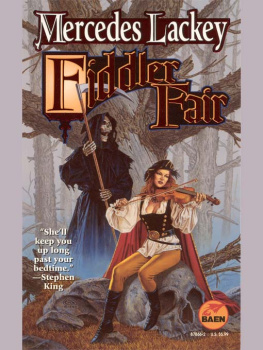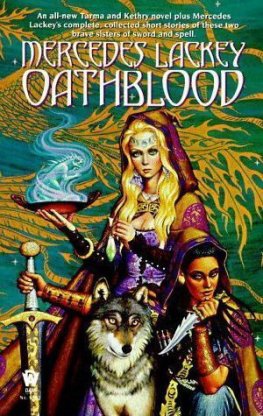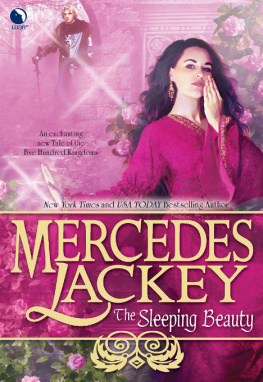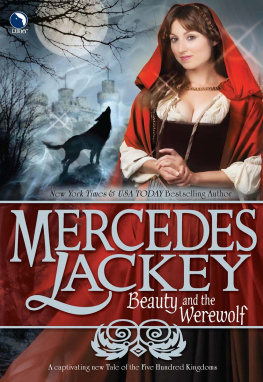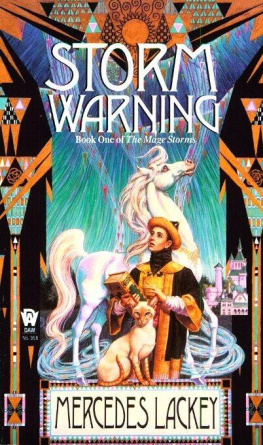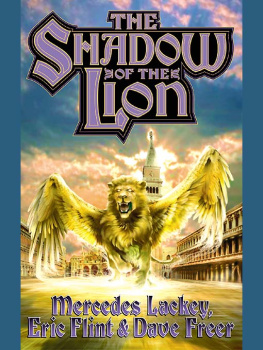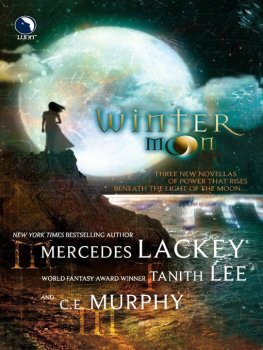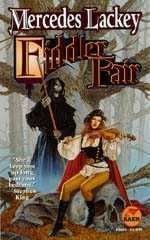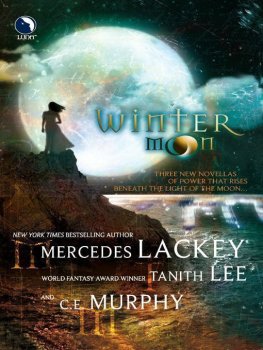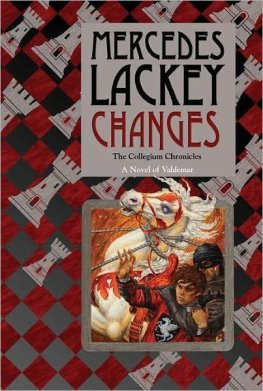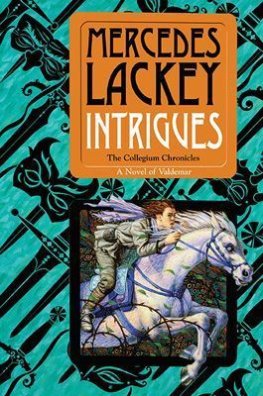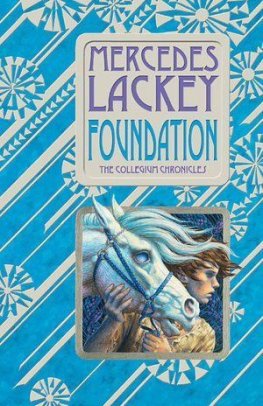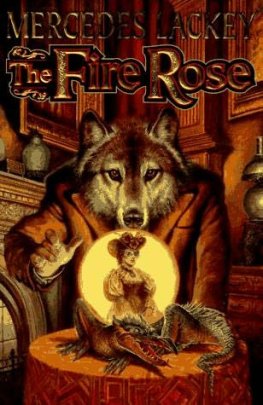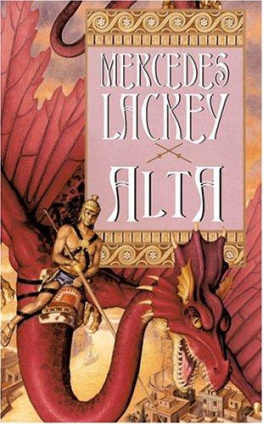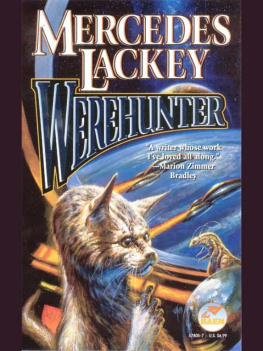Mercedes Lackey - Fiddler Fair
Here you can read online Mercedes Lackey - Fiddler Fair full text of the book (entire story) in english for free. Download pdf and epub, get meaning, cover and reviews about this ebook. year: 2004, publisher: Baen Books, genre: Detective and thriller. Description of the work, (preface) as well as reviews are available. Best literature library LitArk.com created for fans of good reading and offers a wide selection of genres:
Romance novel
Science fiction
Adventure
Detective
Science
History
Home and family
Prose
Art
Politics
Computer
Non-fiction
Religion
Business
Children
Humor
Choose a favorite category and find really read worthwhile books. Enjoy immersion in the world of imagination, feel the emotions of the characters or learn something new for yourself, make an fascinating discovery.
- Book:Fiddler Fair
- Author:
- Publisher:Baen Books
- Genre:
- Year:2004
- Rating:3 / 5
- Favourites:Add to favourites
- Your mark:
- 60
- 1
- 2
- 3
- 4
- 5
Fiddler Fair: summary, description and annotation
We offer to read an annotation, description, summary or preface (depends on what the author of the book "Fiddler Fair" wrote himself). If you haven't found the necessary information about the book — write in the comments, we will try to find it.
Fiddler Fair — read online for free the complete book (whole text) full work
Below is the text of the book, divided by pages. System saving the place of the last page read, allows you to conveniently read the book "Fiddler Fair" online for free, without having to search again every time where you left off. Put a bookmark, and you can go to the page where you finished reading at any time.
Font size:
Interval:
Bookmark:
This is a work of fiction. All the characters and events portrayed in this book are fictional, and any resemblance to real people or incidents is purely coincidental.
Copyright (c) 1998 by Mercedes Lackey
"Fiddler Fair," in Magic in Ithkar 3 (Tor 1989) "Balance" and "Dragon's Teeth," in Bardic Voices One (Hypatia Press 1988) (HC), in Spellsingers (DAW 1988) (PB); "Dance Track," in Alternate Heroes, Mike Resnick, ed. (Bantam Spectra 1989); "Last Rights," in Dinosaur Fantastic, Martin Greenberg, ed. (DAW 1993); "Jihad," in Alternate Warriors, Mike Resnick, ed. (Tor 1993); "Dumb Feast," in Christmas Ghosts, Mike Resnick, ed. (DAW 1993); "Small Print" in Deals with the Devil, Mike Resnick, ed. (DAW 1994); "The Cup and the Caldron," in Grails of Light (DAW); "Once and Future," in Excalibur!, Martin Greenberg, ed. (Warner Aspect 1995); "Enemy of My Enemy," Friends of the Horseclans, Robert Adams, ed. (NAL 1989)
All rights reserved, including the right to reproduce this book or portions thereof in any form.
A Baen Books Original
Baen Publishing Enterprises
P.O. Box 1403
Riverdale, NY 10471
ISBN: 0-671-87866-2
Cover art by Clyde Caldwell
First printing, April 1998
Distributed by Simon & Schuster
1230 Avenue of the Americas
New York, NY 10020
Typeset by Windhaven Press, Auburn, NH
Printed in the United States of America
for five straight years
After any number of requests to put all our short stories together in one place, the idea began to take on some merit.
When Larry and I looked into the idea we discovered that we had a lot of other short fiction; about ten years' worth.
Tenyears? Unbelievable as it seemed at the time, I found the very first story I ever had published (I had sold one story before that, but it wasn't published until the following month). FantasyBook magazine, September 1985. The story was "Turnabout" which was a Tarma and Kethry story, which is going into another collection. For the record, the first story I ever sold was for Marion Zimmer Bradley's FreeAmazonsofDarkover "Friends of Darkover" anthology, which was published in December of that year. The story was "A Different Kind of Courage."
Some of these stories are a little grey around the edges, but I include them as a kind of object lesson in writing. Some of the things in them I winced at when I read againI had no idea of how to write a well-viewpointed story, for instance, and someone should have locked my thesaurus away and not given it back to me for a while! And insofar as the march of technology goesthe earliest were written on my very first computer, which had no hard-drive, a whopping four kilobytes(that's kilobytes, not megabytes)of RAM, and had two single sided single density disk drives. I wrote five whole books and many short stories on that machine, which did not have a spell-check function, either. On the other hand, if ewe sea watt effect modern spell-checkers halve on righting, perhaps it that was knot a bad thing. It's just as well; if it had, it would have taken half a day to spell-check twenty pages. So for those of you who are wailing that you can't possibly try to write because you only have an ancient 286 with a 40-meg hard-drive... forgive me if I raise a sardonic eyebrow. Feh, I say! Feh!
I held down a job as a computer programmer for American Airlines during seven of those ten years, and every minute that I wasn't working, I was writing. I gave up hobbies, I stopped going to movies, I didn't watch television; I wrote. Not less than five hours every day, all day on Saturday and Sunday. I wanted to be able to write for a living, and the only way to get better at writing is to do it. I managed to slow down a bit after being able to quit that job, but I still generally write every day, not less than ten pages a day. And that is the answer to the often-asked question, "How do you become a writer?" You write. You write a great deal. You give up everything else so that you can concentrate on writing.
There are many fine books out there (the title usually begins with "How to Write...") to teach you the mechanics of writing. Ray Bradbury has also written an excellent book on the subject. You only learn the soul of writing with practice. Practice will make you betteror it will convince you that maybe what you really want to do is go into furniture restoration and get your own television show on The Learning Channel.
Here are the answers to a few more frequently asked questions:
Howdoyoudevelopanidea?
Mostly what we do is to look at what we have done in the past and try to do something different. As for finding ideas, I can only say that finding them is easy; they come all the time. Deciding which ones are worth developing is the difficult part. To find an idea, you simply never accept that there are absolute answers for anything, and as Theodore Sturgeon said, "You ask the next question" continuously. For example: one story evolved from seeing a piece of paper blowing across the highway in an uncannily lifelike manner, and asking myself, "What if that was a real, living creature disguised as a piece of paper?" The next questions were, "Why would it be in disguise?" and "What would it be?" and "What would happen if someone found out what it really was ?"
Doyoueverget"writer'sblock"andwhatdoyoudoaboutit?
When I get stalled on something, I do one of two things. I either work on another project (I always have one book in the outline stage and two in the writing stage, and I will also work on short stories at the same time) or I discuss the situation with Larry. Working with another personsometimes even simply verbalizing a snagalways gets the book unstuck. There is a perfectly good reason for this: when you speak about something you actually move it from one side of the brain to the other, and often that alone shakes creativity loose.
Howdoyoudorevisions?
I may revise the ending of the book between outlining and actual writing, but that is only because a more logical and satisfying conclusion presents itself. I am really not thinking of anything other than that. The only other revisions are at the request of the publisher, and may vary from none to clarifying minor points or further elaborating a minor point. In the case of clarification, this amounts to less than 1,000 words in a book of 120,000 or more. In the case of elaboration this usually amounts to the addition of 5,000 words to 10,000 words, generally less.
Wouldyoucallyourbooks"characterdriven?"
I think that is quite correct, my books are character-driven. To me. How people react to a given situation is what makes a story interesting. History is nothing more than a series of people's reactions, after all, and many "alternate history" stories have been written about "what would have happened if." The ideathe situationis only half the story. What the characters do about it is the other.
Doyoubaseyourcharactersonpeopleyouknow?
With very rare exceptions I don't base my characters on anyone I knowthose exceptions are minor ones, where I'll ask permission to write a friend into a walk-on role. They do come out of my observation of people in general.
Font size:
Interval:
Bookmark:
Similar books «Fiddler Fair»
Look at similar books to Fiddler Fair. We have selected literature similar in name and meaning in the hope of providing readers with more options to find new, interesting, not yet read works.
Discussion, reviews of the book Fiddler Fair and just readers' own opinions. Leave your comments, write what you think about the work, its meaning or the main characters. Specify what exactly you liked and what you didn't like, and why you think so.

